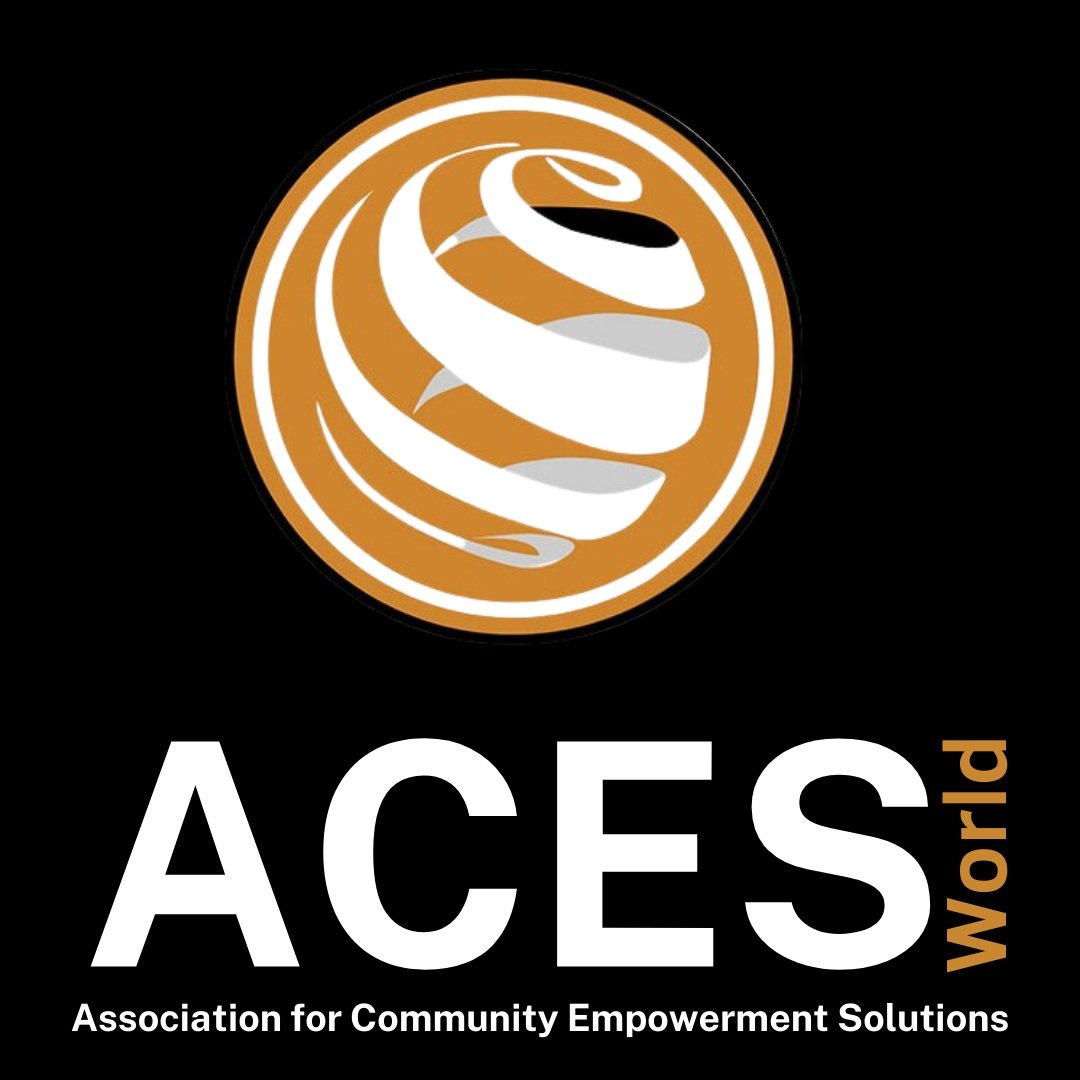The Dangers of Severe Weather for Georgia’s Human and Marine Life: challenges in Achieving SDG 14 in Georgia
In 2023 alone, the state of Georgia suffered from 11 severe storms, a tropical cyclone, drought and flooding. At least 90 were killed in those 11 storms, 5 were killed in the tropical cyclone, 247 died due to the drought, and 5 died due to flooding. This all happened in the span of one year! Extreme weather-related crises have steadily been increasing since the 1980s, with these events making Georgia more vulnerable to fatalities and high economic loss. The tropical storms and hurricanes exacerbate the rising sea level on Georgia’s coast, and if nothing is done to help reverse these effects of climate change, part of Georgia will be submerged in the future and thousands of people will be in danger.
Changing the climate is likely to increase the severity of both inland flooding and droughts. Flooding causes more weather-related deaths each year in the US than anything except heat, and it is the most common weather-related disaster. Flooding can easily cause fatalities, and drownings are seen frequently in extreme floods. Floodwater can also expose a person to injury or to illness from infectious diseases (caused by sewage overflow and other contaminants), chemical wastes, sharp objects and downed power lines due to high winds. Droughts do not have the immediate effects of floods, but sustained droughts can cause economic stress, decreased water quantity and quality, increased incidence of illness or disease, increased mortality rates, and adverse mental health outcomes. Those in vulnerable situations are more likely to be impacted by the negative health outcomes of drought.
Extreme climate events do not only pose threats to human life but pose major threats to marine life as well. The Sustainable Development Goal 14 is focused on life below water and reducing sea and ocean pollution. As drought and tropical storms continue to persist, ocean temperatures rise as well. Increasing sea temperatures lead to bleached coral reefs and mangroves, loss of marine biodiversity and beached marine life. Tropical storms also lead to increased pollution and contamination from land to water, as well as dangerous water conditions for coastal species and humans living along the coast.
Many challenges remain in terms of achieving SDG 14 for Georgia. One current limitation is the insufficient research and data on SDG 14 itself for the state of Georgia. In Georgia’s coastal waters, understanding the effects of climate change provides information necessary for developing strategies for maintaining coastal ecosystems and economic activities. In 2017, there was a plenary meeting of the United Nations Conference to discuss the implementation of SDG 14, led by Tamar Loseliani, Deputy Director of Maritime Agency of Georgia. In this meeting, Loseliani spoke on the pressing need for halting and reversing the results of marine- and land-based human activities that continue to threaten marine resources. Georgia had implemented a Vessel Monitoring System to improve monitoring of fishing vessels and illegal fishing activity. At the time of the meeting, Georgia was planning to intensify aquaculture production, and had just launched the Georgia International Maritime Forum (GIMF) to support sustainable and environmentally friendly maritime transportation. While this all is great for the improvement of Georgia’s marine life and ecosystem, more specific research needs to be collected surrounding extreme weather-related events and how to end related fatalities, for both human and ocean life.
To address these pressing issues, ACESWorld is working tirelessly to advocate for extreme weather-related fatalities and is bringing awareness to the silent killer of weather in Georgia. However, climate change is a worldwide issue, and needs more support from not only more nonprofit organizations, but governmental agencies, as well as individual action. Climate change is a threat to all life on the planet, and if we don’t expand our pursuits in the fight against it, we are all at risk.
Follow ACESWorld on all social media accounts - Instagram, Facebook, Twitter and LinkedIn to stay up to date on SDG 14, to be informed on surrounding extreme weather-related events, as well as to learn what you can do to bring awareness to climate change solutions!
References:
Knox, P. (2018, June 17). Georgia Climate Project: How Will Changes in the Ocean Affect Georgia’s Climate and Coastal Areas? Climate and Agriculture in the Southeast. https://site.extension.uga.edu/climate/2018/06/georgia-climate-project-how-will-changes-in-the-ocean-affect-georgias-climate-and-coastal-areas/
Loseliani, T. (2017, June 7). Georgia | Department of Economic and Social Affairs. United Nations. https://sdgs.un.org/statements/georgia-15919
NCEI Monitoring. (2024, January 9). Billion-Dollar Weather and Climate Disasters. National Centers for Environmental Information (NCEI). https://www.ncei.noaa.gov/access/billions/state-summary/GA
The Sustainable Development Goals. UNICEF Georgia. (n.d.). https://www.unicef.org/georgia/sustainable-development-goals
